‘Support gains momentum for reforms to UN institutions’: US expresses support for Reforms in UN Institutions including UNSC
By R. Anil Kumar
-
The United States has expressed its support for reforms within United Nations institutions, including the United Nations Security Council (UNSC)
-
Elon Musk had emphasized the need for a revision of UN bodies, particularly advocating for India and Africa to have permanent seats on the Security Council
-
India not having a permanent seat on the Security Council, despite being the most populous country on Earth, is absurd: Elon Musk
-
India has long sought a permanent seat on the UNSC to better advocate for the interests of the developing world, with growing international support for its cause
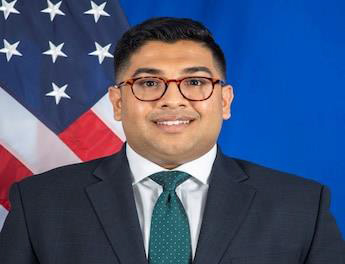
United Nations/United States: The US has offered support for reforms to United Nations institutions, including the United Nations Security Council (UNSC), US State Department Principal Deputy Spokesperson Vedant Patel said in a press briefing on April 17.
Reacting to Tesla CEO Elon Musk‘s statement regarding India‘s lack of a permanent seat at the UNSC, Vedant Patel said, “The President has spoken about this before in his remarks to the UN General Assembly, and the Secretary has alluded to this as well”, Patel stated.
“We certainly support reforms to the UN institution, including the Security Council, to make it reflective of the 21st-century world that we live in. I don’t have any specifics to offer on what those steps are, but certainly, we recognise that there is a need for reform, but I will leave it at that for now,” he said.

In January, Elon Musk called India not having a permanent seat in the UNSC as ‘absurd.’ He said that nations with excess power don’t want to relinquish it.
In a post on X, Musk had said, “At some point, there needs to be a revision of the UN bodies. Problem is that those with excess power don’t want to give it up. India not having a permanent seat on the Security Council, despite being the most populous country on Earth, is absurd. ”
India has long sought a permanent seat on the Security Council to better represent the interests of the developing world. The nation’s quest has gained momentum with support from the international community.
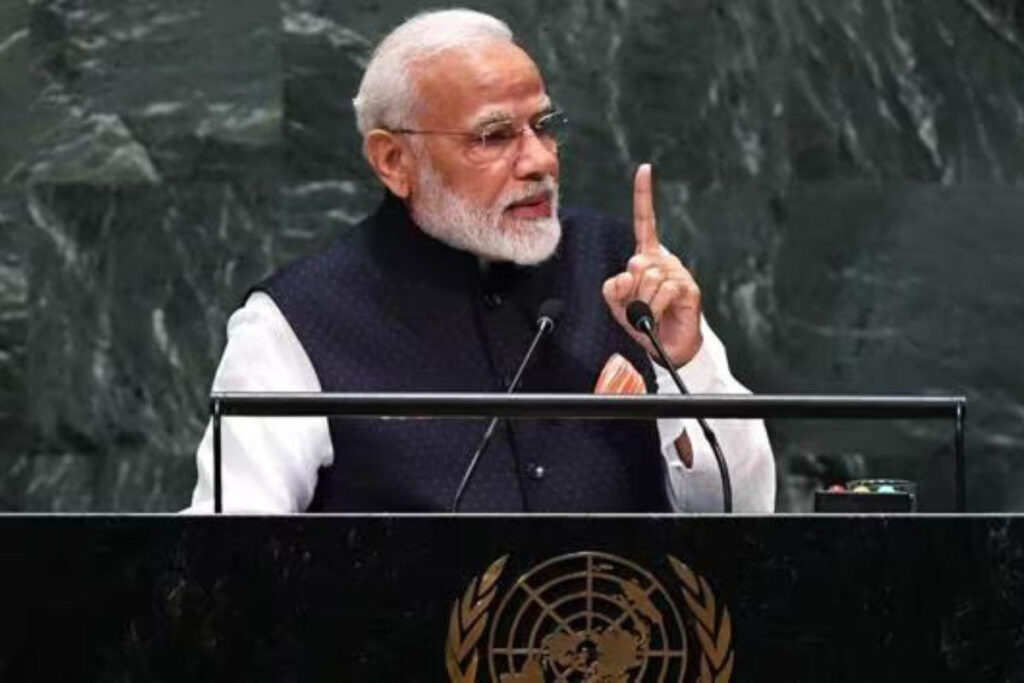
Prime Minister Narendra Modi, during his France visit in July 2023, made a strong pitch for India’s permanent membership in the UN Security Council, saying the primary UN body cannot claim to be speaking for the world when its most populous country and the largest democracy is not a permanent member.
India has been at the forefront, especially leading the Global South, demanding reforms in the United Nations and seeking a place as a permanent member of the 15-member UN Security Council.
India has underscored the need for a reformed UN Security Council that better reflects the geographical and developmental diversity of the United Nations today, emphasising that the majority of the world body’s membership supports calls for expanding permanent seats in the powerful organ.
India has been at the forefront, especially leading the Global South, demanding reforms in the United Nations and seeking a place as a permanent member of the 15-member UN Security Council.
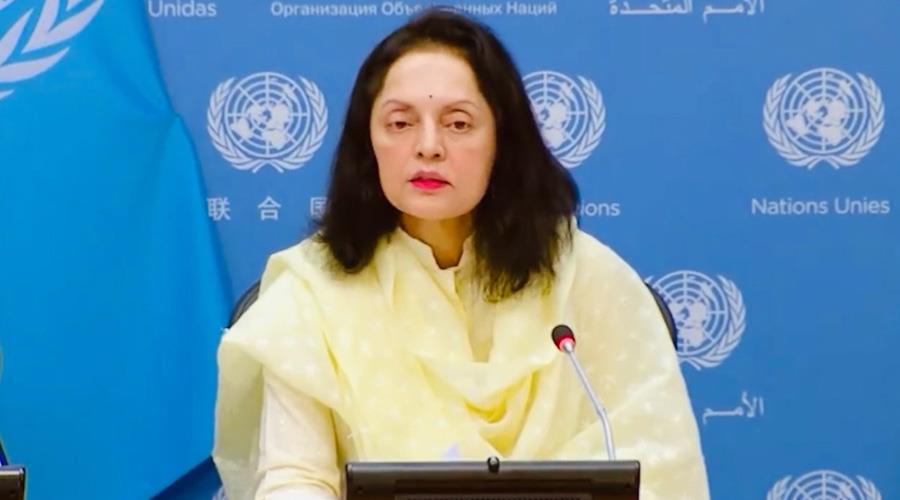
“India is in favour of expansion of UN Security Council membership in both the permanent and non-permanent categories, as this is the only way to achieve genuine reform of the Security Council and make it legitimate, representative, responsive and effective,” India’s Permanent Representative to the UN Ambassador Ruchira Kamboj said.
While addressing the Inter-Governmental Negotiations (IGN) meeting on Security Council Reform on Co-Chairs Elements Paper, Ruchira Kamboj underlined the need for “a reformed Security Council that better reflects the geographical and developmental diversity of the United Nations today.
“A Security Council where voices of developing countries and unrepresented regions, including Africa, Latin America and the vast majority of Asia and Pacific, also find their due place at the horseshoe table. And for this, an expansion of the Council in both categories of membership is absolutely essential.
” The current UNSC comprises five permanent members (the US, the UK, China, France and Russia) and 10 non-permanent members. She noted that some member states keep pushing the argument that expansion in the permanent categories of the UNSC would be ‘undemocratic’.
“We fail to understand how something that is clearly being called for by the majority of the membership would be ‘undemocratic’. We cannot continue to be hostage to a minority in the IGN,” she said, in an apparent reference to countries like Pakistan, which has been opposing the expansion in permanent categories of the UNSC.
Ruchira Kamboj noted that expansion in the permanent categories is a position supported by the majority of Member States. “This fact is on record,” she said as she cited the 2015 Framework Document, on the issue of “Categories of Membership”. A total of 113 Member States, out of 122 who submitted their positions in the Framework Document, supported expansion in both of the existing categories specified in the Charter.
“This means that more than 90 percent of the written submissions in the document were in favour of expansion in both categories of membership specified in the Charter.
On the contrary, longer-term non-permanent seats which was an idea mooted during the inception of the UN, to only be discarded due to its ineffectiveness cannot be treated as a convergence, as it is only backed by a handful of member states,” she said.
Last month, India presented a detailed model on behalf of the G4 nations of Brazil, Germany, Japan and itself for Security Council reform. The G4 model proposes that the Security Council’s membership increase from the current 15 to 25-26, by adding six permanent and four or five non-permanent members.
She emphasised that at this stage in the reform process, Member States are not discussing which specific country would occupy the new permanent seats in an expanded and reformed Council. “We are simply discussing a possible framework for the creation of new permanent seats.
The subsequent election of these new permanent members would obviously be by a vote of two-thirds of the members of the General Assembly, through a secret ballot, per the rules of procedure of the General Assembly,” she said.
Ruchira Kamboj said that the international community acknowledges the fact that the present structure of the Security Council is not reflective of contemporary realities and that there is an urgent need to reform it.
“Expanding only in the non-permanent category will not solve the problem – in fact it will widen the difference between permanent and non-permanent members even more, further entrenching a dispensation that is no longer relevant in the current geo-political context,” she said at the sixth round of the Intergovernmental Negotiations on Security Council reform.
Ruchira Kamboj stressed that it is important to capture the models’ discussion to initiate text-based negotiations within a fixed time frame. India called on the co-chairs of the IGN process to produce a ‘zero draft’ of a negotiating text based on the inputs received from Member States.
“We encourage the Co-Chairs not to get distracted by the arguments that call for consensus on all clusters before moving to text-based negotiations. This is a complete inversion of the process followed for all other UN negotiations,” Ruchira Kamboj said.
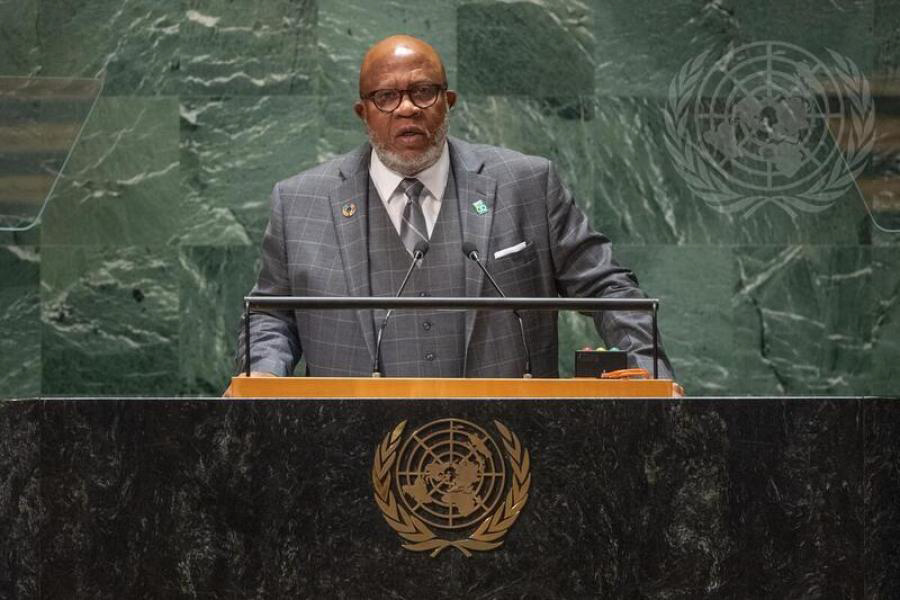
The nation’s quest has gained momentum with support from influential figures like United Nations General Assembly President, Dennis Francis, who believes in India’s capability to contribute positively to global peace and security. India has been a non-permanent member of the UN Security Council for eight terms (16 years).
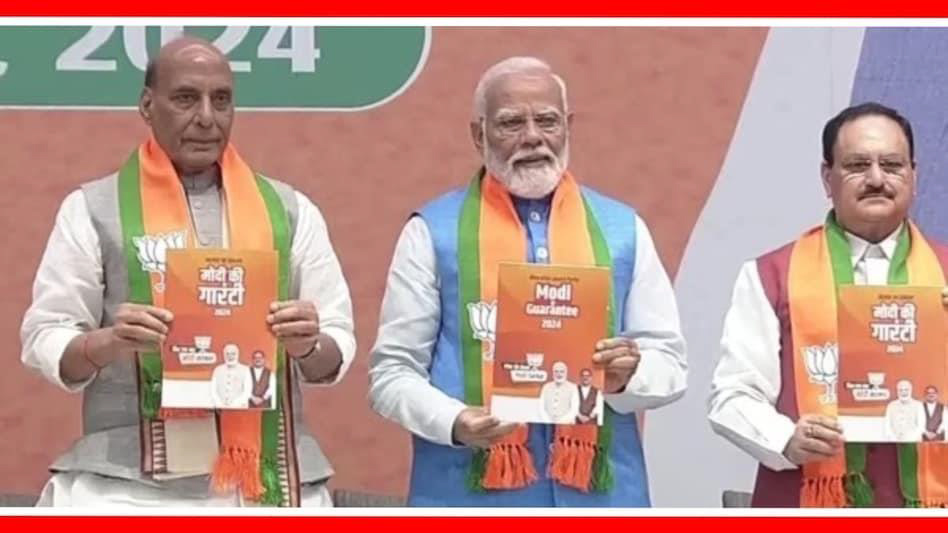
Ahead of the first phase of the Lok Sabha elections, the Bharatiya Janata Party (BJP), in its election manifesto titled ‘Sankalp Patra’, vowed to pursue permanent membership for the country in the United Nations Security Council.
In its manifesto released on April 14, the BJP stated, “We are committed to seeking permanent membership in the UN Security Council to elevate Bharat’s position in global decision-making.”
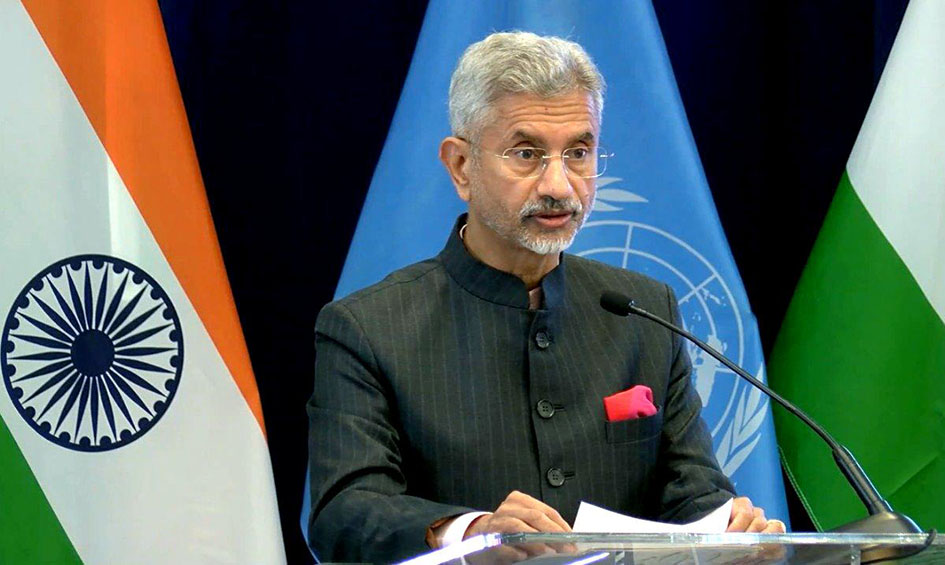
Earlier in January, External Affairs Minister S. Jaishankar stressed growing global support for India’s permanent membership at the United Nations Security Council and said that sometimes things are not given generously, and one has to seize them.
“With each passing year, the feeling in the world is that India should be there, and I can feel that support…The world does not give things easily and generously; sometimes you have to take them,” the EAM said.
(All File Photos)





